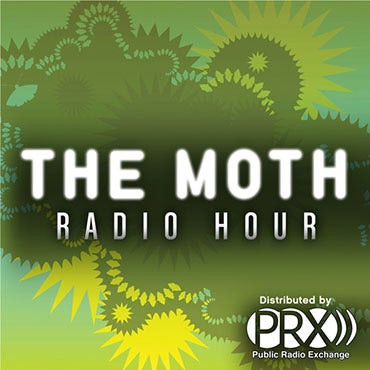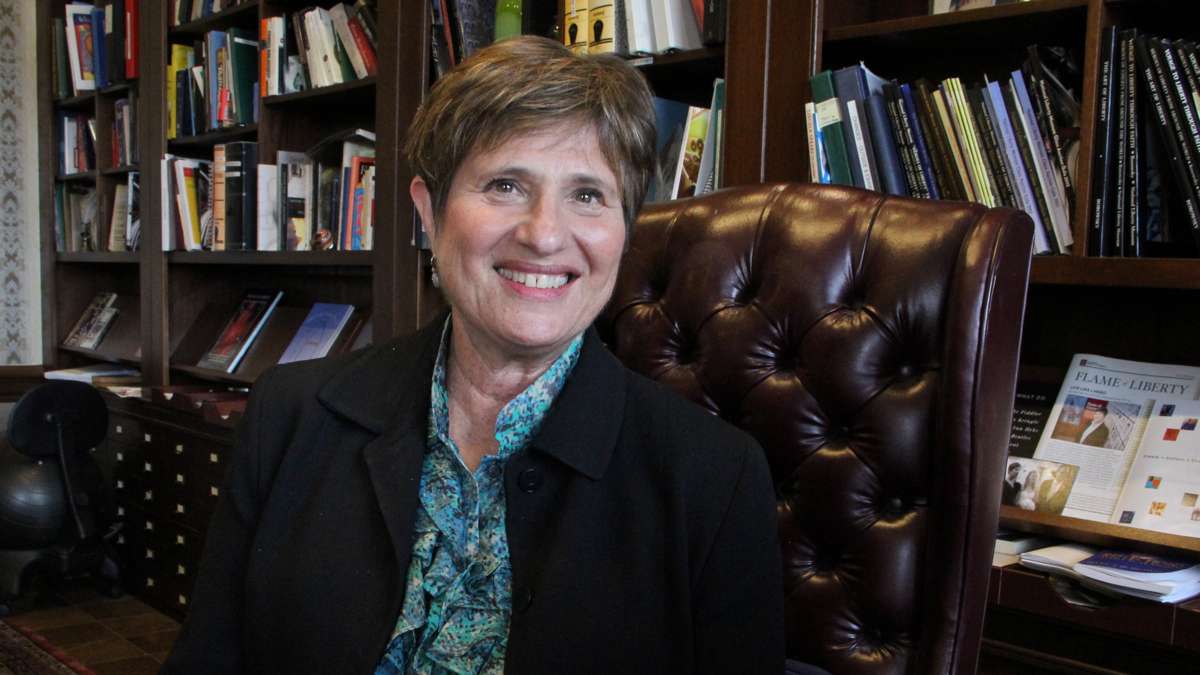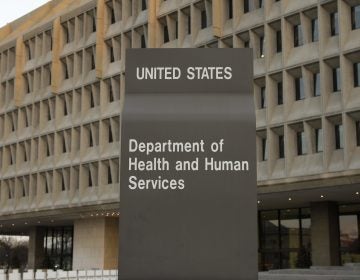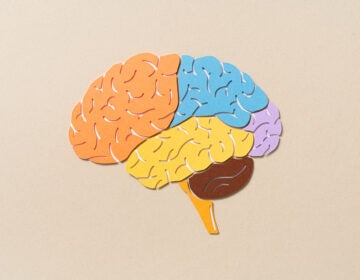Federal effort to reduce unnecessary antipsychotic use in nursing homes hits target
ListenA national effort to curb the prescription of unnecessary medications in nursing homes appears to be gaining traction.
The Centers for Medicare and Medicaid Services wants to swap the use of “off-label” antipsychotics to treat dementia in nursing homes with behavioral interventions such as “socialization programs, walking programs, and card games,” says Nicole Skyer-Brandwene, an executive at New Jersey’s Healthcare Quality Strategies, Inc.
Off-label medications are used in a manner not specified in the Food and Drug Administration’s approved packaging label. The FDA created a “black box” warning in 2005 that antipsychotics can have adverse health effects on seniors with dementia. Last week, CMS announced it has exceeded its goals in dialing back the over-prescription for the year — but numbers show a wide range in state-by-state performance.
The CEO of the nonprofit nursing home group LeadingAge, Larry Minnix, says taking seniors off unnecessary anti-psychotics is about more than saving lives.
“There’s too much medicine in nursing homes in general. Drugs are not the answer for improving quality of of life for people with dementia,” he said.
Use of the drugs for dementia is also linked to an increased incidence of falling, poor sleep, and other health and quality of life factors.
Some local providers are finding the changes easier to make than you might expect.
“We’re not doing anything that costs extra money,” said Teresa Buchman, director of clinical services with Presbyterian Senior Living in Pennsylvania. She says the group has reduced its use of antipsychotics to below 10 percent in their nursing homes, not by adding money to the budget but by being more aware of what patient patterns are.
“We just paid attention to the drug usage,” said Buchman, who added that when the drugs could not be eliminated, in many cases the dosage was safely reduced. Being proactive allowed nurses, social workers and doctors to identify triggers they might not have seen before – triggers that would have led to difficult behavior that had been cause to administer anti-psychotics, she said.
While Buchman’s group has had success, Pennsylvania and its 700 plus long-term care facilities as a whole lagged behind New Jersey and Delaware, which made the top-10 list for states cutting the use of the drugs.
David Nace, Pennsylvania coordinator for the program, pointed to higher than average elderly population and a lack of training modules as possible causes for the gap.
A new goal
CMS then announced another goal: 30 percent reduction from the 2011 starting levels. Its goal for this year, since surpassed, was 15 percent.
“The absolute number is not zero,” said CMS partner Dr. Adrienne Mims, president of the nonprofit quality-of-life organization American Health Quality Association.
She says there are times when anti-psychotics might still be an appropriate intervention. “What we’re trying to achieve here is [changing] all of the uses that are inappropriate – for baths or for sleep or for not knowing how to manage patients.”
CMS plans to keep reducing its rate of prescription goals until the national average is deemed medically appropriate.
At the start of the initiative in 2011, Medicare part D — the category of costs for pharmaceutical expenses — tallied $7.6 billion in antipsychotic drug spending alone.
WHYY is your source for fact-based, in-depth journalism and information. As a nonprofit organization, we rely on financial support from readers like you. Please give today.









